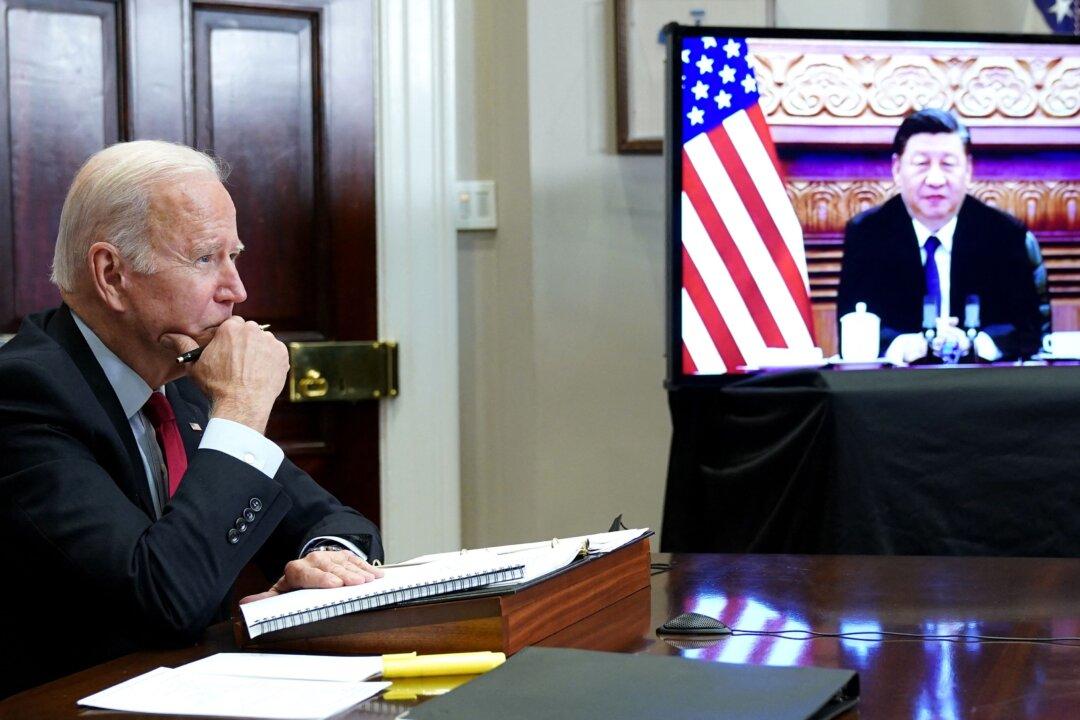The Biden administration’s newly unveiled China policy was not well received by defense and security experts, who criticized the administration’s decision not to engage in any economic decoupling from China, as well as its move to announce the policies at an event hosted by a group that has ties to the Chinese Communist Party (CCP).
Others, meanwhile, said that it marked an admission of the failure of the United States’ longstanding effort to pull China into the global marketplace.




